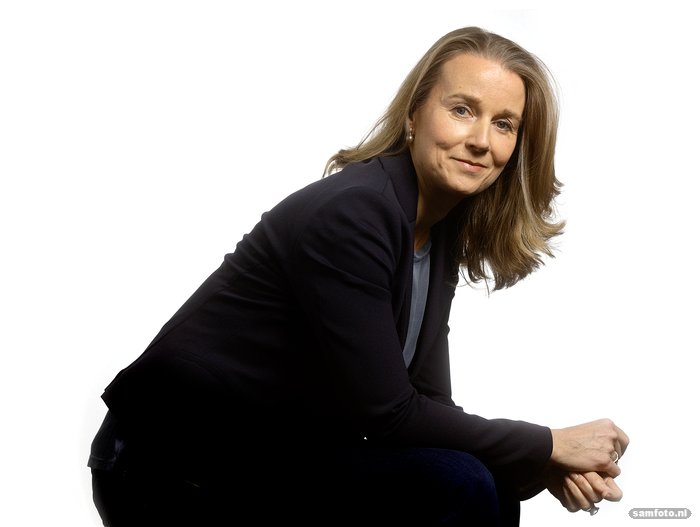Consider the impact of technological innovations
[Column]
Keeping our planet liveable involves major challenges, and drought is one of them, as you can read in this edition. Technology offers solutions to many problems, but ironically, many of today’s global issues are caused by the negative side effects of older technologies; technologies which we used to think had only benefits. The internal combustion engine and oil refining have given us enormous freedom of movement, but are now making a significant contribution to climate change. The transistor made computers and consumer electronics possible, but now it has led to the depletion of scarce raw materials and huge mountains of non-recyclable e-waste. The internet and algorithms enrich our lives, but also result in increasing surveillance and the creation of overly powerful Big Tech companies. In practice, technological innovation can turn out to be a double-edged sword.
Are we learning enough lessons from this?
Admittedly, it is incredibly difficult to predict the undesirable side effects of innovations. Two years after its invention, I attended a bitcoin event for the first time. Everyone, including myself, was fascinated by the potential social value of a decentralised currency. I did not foresee at the time that bitcoin would become an energy-guzzling speculative financial instrument far-removed from the socially relevant means of payment it was intended to be. Now, more environmentally friendly alternatives are in the making, such as TU Delft’s digital euro. These alternatives can be seen as interventions to nullify the design flaws of earlier concepts.
Fortunately, we are now considering ways to predict the potential negative side effects of new technologies at an early stage. TU Delft occupies a unique position here, in line with its ‘Impact for a better society’ strategy. A few years ago, multidisciplinary teams started thinking about the possibilities and risks of quantum internet and quantum computers. Responsible innovation is key: what can we do to maximise the positive impact and minimise the negative impact? The allocation of €615 million by the National Growth Fund to Quantum Delta Netherlands will enable us to conduct scientific research into the legal, ethical and social aspects of quantum technology together with other universities. We will also be starting a Quantum Living Lab in Delft, where we will educate and help companies to responsibly apply quantum technologies in new products and services.
At a technology level, we seem to have learned from the past. At a product level, every company and every engineer will have to take personal responsibility. Therefore, I call on you to extrapolate the success of your future innovations to absurd levels and ask yourself: what will the consequences for society and our planet be if everyone on earth starts using our product? You will be amazed at the insights this provides.
